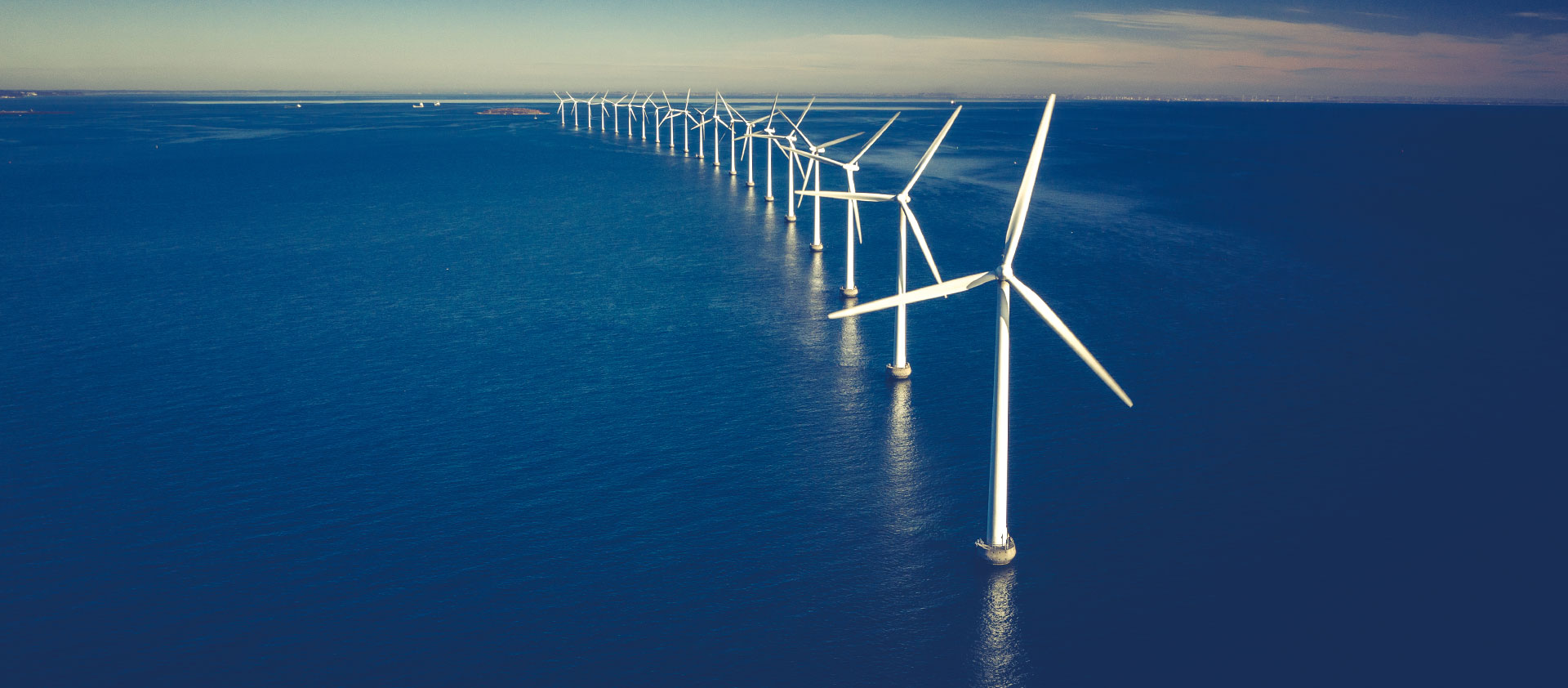Energy crisis
AER AGL Aluminium Batteries Battery Budget BYD CATL CBAM China Coal Critical minerals Decarbonisation Diesel DMO Election Electric Vehicle Electricity/electrification electrostate Energy crisis Federal Election Finance Sector & Emissions Gas Green Iron/Steel Hydrogen India & Adani Methane Nuclear offshore wind Oil OP EDS Peter Dutton Podcasts Renewables Solar Tariff Taxes and subsidies US IRA/EU NZIA et al Wind
The Australian Energy Regulator says electricity prices are mostly falling but some are rising
SBS
Power prices mostly heading down but some up, says Australian Energy Regulator
SBS
Consumers to get “marginal” bill relief despite rooftop PV driving big falls in wholesale power prices
Renew Economy
Energy bill relief, but faster renewables shift needed to permanently slash prices
The New Daily
Power bills set for a marginal drop
ABC Radio National PM
VIDEO| Is China the New Superpower?
___
‘Nuclear fantasy,’ Dutton’s power plant policy unclear and under attack
Canberra Times
OP ED | Forrest is right: don’t swallow the Coalition’s nuclear and rooftop fairytales
The Australian Financial Review
Hydrogen hopefuls stare into valley of death as electrolyser bubble pops
Renew Economy
VIDEO | Can Australia be a renewables superpower?
ABC 7.30
Proactive Investors | Queensland leads clean energy charge with transformational investments
___
Energy Source & Distribution | Report: Queensland leading Australia’s renewables race
___
